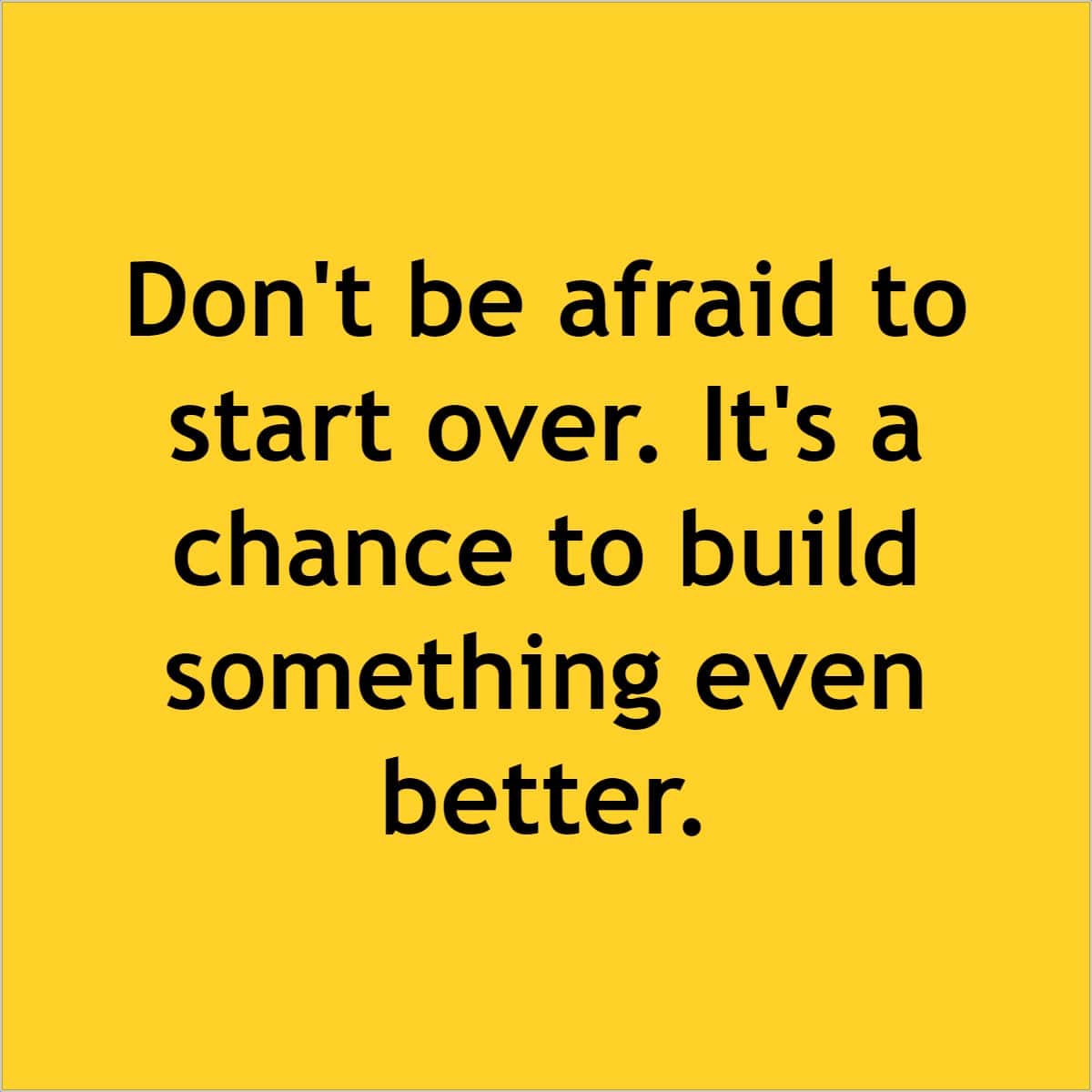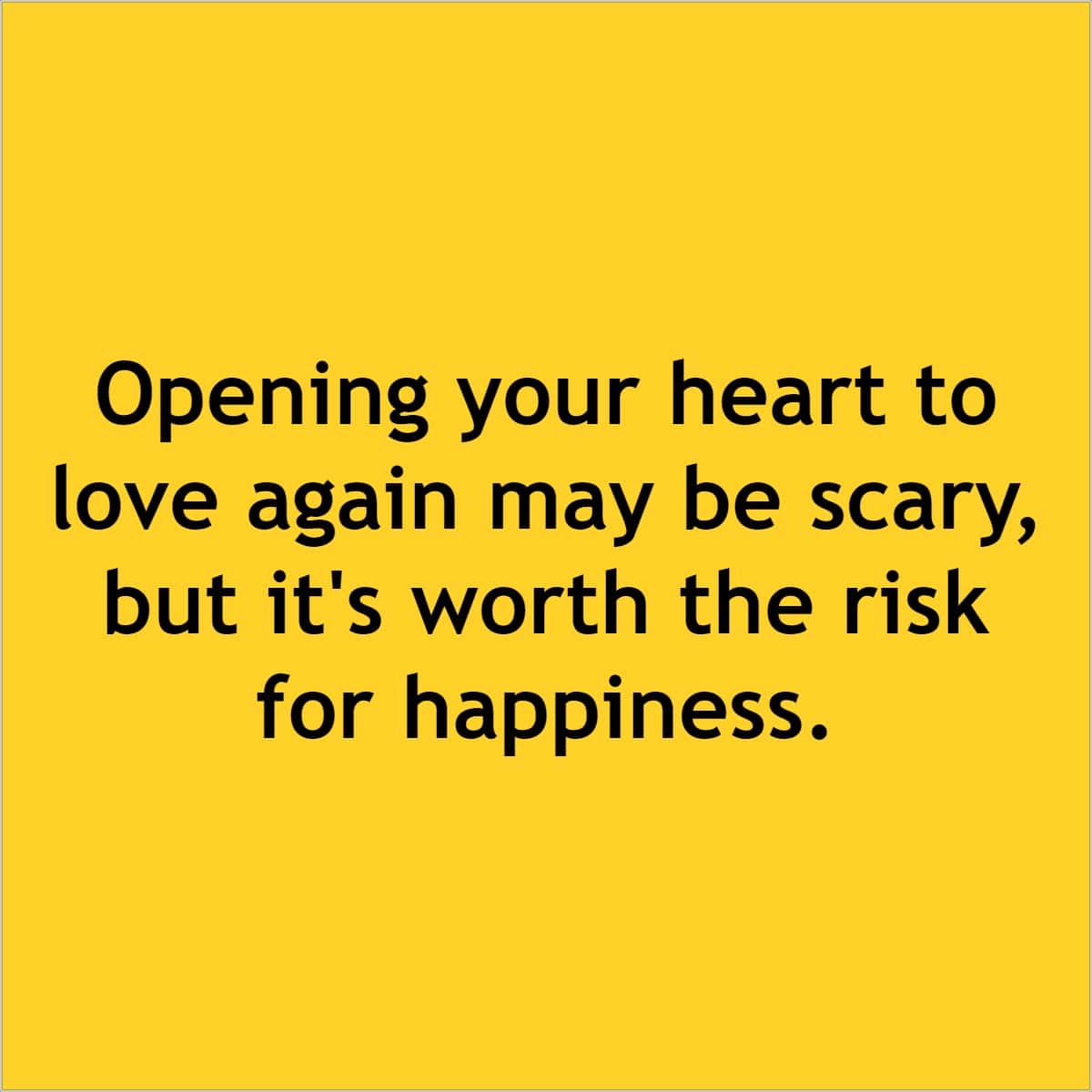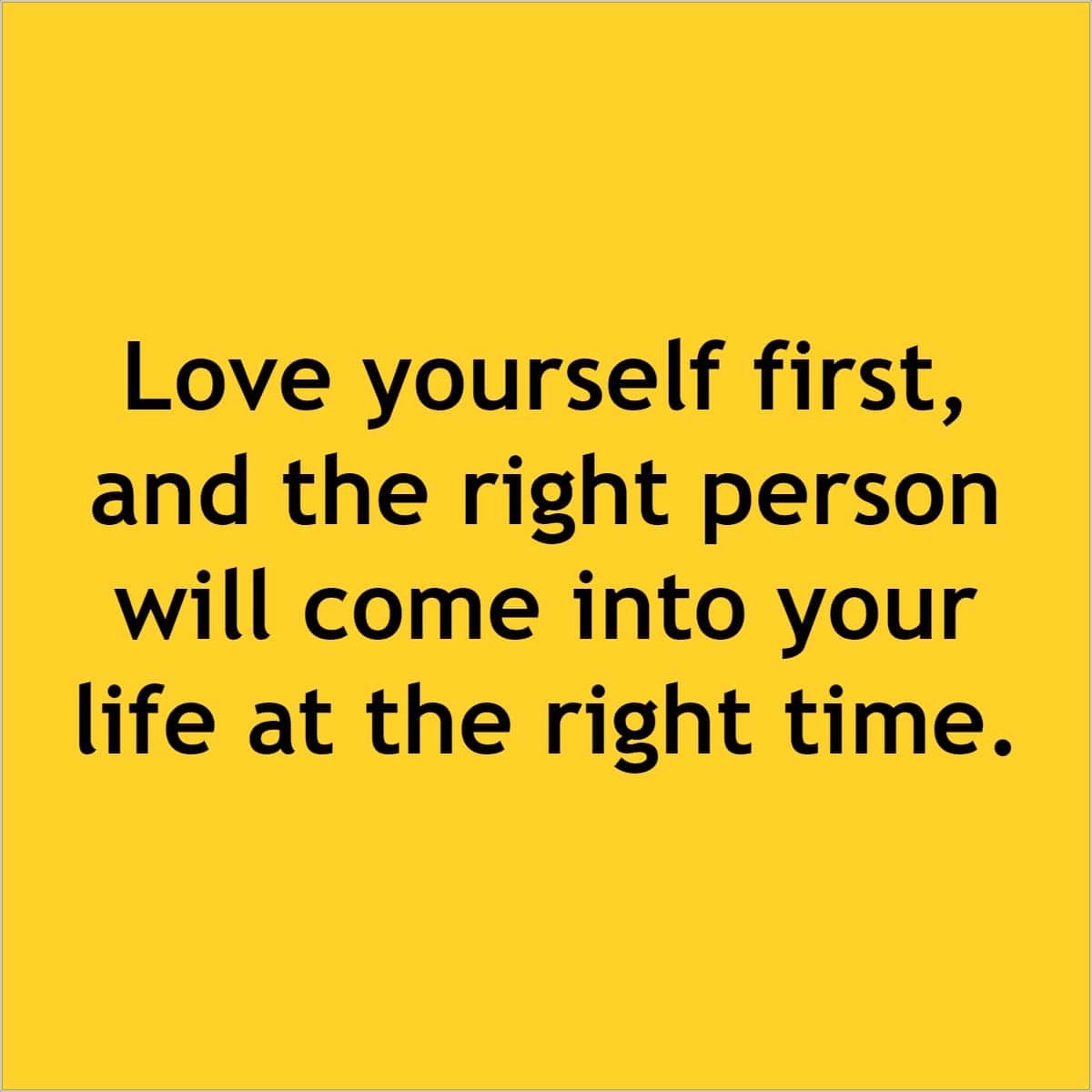Imagine sitting in your cozy chair, a cup of tea in hand, the familiar warmth of your home wrapping around you like a comforting blanket.
It’s been years since you last dipped your toes into the dating pool, and the thought of starting again feels both thrilling and slightly daunting.
But just like rediscovering a cherished family recipe, there’s joy in uncovering the steps to finding companionship once more.
The Challenges of Dating After a Long Break
Re-entering the dating world after a long hiatus introduces unique challenges. Recognizing these hurdles helps you approach dating with realistic expectations and a positive mindset.
Emotional Preparedness
Reconnecting with your emotions is crucial. After a long break, you might feel vulnerable and uncertain. Starting anew requires understanding your emotional needs:
- Acknowledging Past Experiences: Reflect on why you took a break and what you’ve learned. Recognize patterns to avoid past mistakes.
- Building Self-Confidence: Engage in activities that boost self-esteem. Hobbies and achievements remind you of your value.
- Setting Boundaries: Determine what you’re comfortable with and communicate this early on. Boundaries ensure mutual respect and understanding.
Social Skills Refresh
Reviving your social skills creates a strong foundation for new connections. After time away, you might feel rusty engaging with new people:
- Conversation Techniques: Practice open-ended questions. This keeps the dialogue flowing naturally.
- Body Language Awareness: Maintain eye contact and a relaxed posture. Non-verbal cues enhance communication.
- Active Listening: Show genuine interest in your date’s words. Responses that reflect understanding build rapport.
Being aware of these aspects makes the dating journey smoother, with each date providing opportunities for growth and enjoyment.
Establishing Your Dating Goals
Setting clear dating goals helps you approach relationships with confidence and purpose. Identifying what you seek in a partner and in a relationship provides direction and confidence as you re-enter the dating world.
Knowing What You Want
Identify the core qualities you value in a relationship. Consider aspects like shared interests, long-term goals, and lifestyle compatibility. Reflect on past experiences to distinguish what worked and what didn’t.
Distinguishing must-haves from nice-to-haves can provide clarity. For example, you might prioritize trustworthiness and communication skills while considering hobbies and tastes secondary.
Setting Realistic Expectations
Keep realistic expectations to avoid disappointments. Understand that everyone has flaws, and perfect partners don’t exist. An ideal relationship isn’t free from problems but grows stronger through resolving them together.
Adjust expectations based on reality instead of fantasies. For instance, expecting frequent communication is reasonable, but expecting your partner to always know your thoughts isn’t. Using a balanced approach helps foster healthy and fulfilling relationships.
Choosing the Right Platform for Dating
Online Dating Sites
Online dating sites offer a plethora of options for those re-entering the dating scene. Platforms like Match.com and eHarmony cater to those looking for serious relationships, using algorithms to match compatible individuals.
If you’re seeking something more casual, consider Tinder or Bumble, where you can swipe through potential matches.
Niche sites like OurTime for those over 50 or EliteSingles for professionals can target specific demographics, ensuring a more tailored experience. Ensure you research various platforms to find one that aligns with your dating goals and preferences.
Social Events and Groups
Joining social events and groups can provide a more organic way to meet people. Local meetups, hobby clubs, and interest-based gatherings offer opportunities to connect over shared passions.
Participate in community events or volunteer activities, where you can engage with like-minded individuals in a relaxed environment. Look for events on platforms like Meetup.com or Eventbrite, which list events ranging from social mixers to book clubs and hiking groups.
This approach allows you to build connections naturally, without the pressure of a traditional dating setting.
Creating a Compelling Dating Profile
Photos and Descriptions
Choose photos that capture your personality. Use clear, high-quality images where you’re the main focus. Include different types of photos such as:
- Headshots: Show your face clearly.
- Full-body shots: Provide a complete picture.
- Action shots: Highlight hobbies or interests.
Descriptions complement photos by giving context. Write a captivating headline, followed by a brief, engaging bio. Mention interests, hobbies, and what you’re looking for in a partner. Keep it concise yet informative.
Honesty and Transparency
Be honest in your profile. Authenticity attracts genuine connections. Accurately represent your age, interests, and relationship goals. Avoid embellishments or misleading information. Transparency sets the foundation for trust, making interactions more meaningful.
Engaging in Effective Communication
Ice Breakers and Conversation Starters
Initiating a conversation can feel daunting after a dating hiatus. Start with light, engaging topics to break the ice. Ask questions about their favorite books, movies, or travel destinations to encourage them to share personal interests.
These subjects offer a choice in responses, making the conversation flow naturally.
Use humor to create a relaxed atmosphere. Share a funny story or a light-hearted observation. Compliment their profile or something they mentioned; it shows you paid attention and helps build rapport. Remember, open-ended questions keep the dialogue going.
Maintaining Interest and Momentum
Sustaining engaging communication requires active participation. Show genuine curiosity about their experiences and views. Paraphrase their words to show understanding and interest. For instance, if they mention loving hiking, ask about their favorite trails or memorable hikes.
Introduce topics progressively. Start with general subjects and move to more personal ones as comfort levels rise. Plan follow-up questions based on earlier conversations to show consistency. This approach demonstrates a genuine interest in knowing them better.
Use a balanced mix of listening and sharing. Over-sharing or dominating the conversation can reduce your partner’s engagement. Address their replies to build a mutual exchange. A well-paced conversation keeps the energy positive and the interaction enjoyable.
Engage in effective communication practices to build trust and understanding. Your efforts in these early stages set a strong foundation for a meaningful connection.
Handling Rejection and Disappointment
Learning From Experiences
Facing rejection and disappointment in dating offers valuable lessons. Analyze each experience to identify patterns and areas for improvement. Understanding why a date didn’t work out helps refine future interactions.
Reflect on your actions, communication, and overall approach. This process promotes personal growth and resilience.
Keeping a Positive Outlook
Maintaining a positive outlook is crucial after setbacks. Focus on self-care activities, such as exercising or pursuing hobbies, to boost your mood. Engage with supportive friends and family to share feelings and gain perspective.
Remind yourself that rejection doesn’t define your self-worth—it’s just a step toward finding the right match.
Ensuring Safety When Meeting New People
Public Meeting Places
Meeting in public places enhances your safety. Opt for locations like coffee shops, restaurants, or parks. Public venues ensure others are around, providing a layer of protection. Choose well-lit places with steady foot traffic to minimize risks.
Always have a planned exit strategy. Park your vehicle in readily accessible spaces or decide on public transport options with frequent schedules. Being able to leave quickly can provide peace of mind.
Observe the surroundings and the behavior of others around you. Trust your instincts; if something feels off, do not hesitate to leave.
Informing Friends or Family
Let a trusted friend or family member know where and when you are meeting someone new. Share details like the person’s name, the meeting location, and the expected duration of the meeting.
Set a check-in time. Plan to text or call your friend or family member at a pre-determined time. This ensures someone is aware of your wellbeing and can act if they don’t hear from you.
Enable location-sharing on your phone. Temporary sharing of your live location with a trusted contact can add an extra layer of safety, allowing someone to track your whereabouts in real time.
Avoid sharing too much personal information with new acquaintances. Stick to non-revealing details initially to maintain your privacy. Personal data like your home address can be disclosed later when trust is established.
Final Thoughts
Starting to date again after a long break can be both exciting and daunting. Remember to take your time and enjoy the journey.
By setting clear goals and knowing what you want in a partner, you’ll navigate the dating world more effectively. Choose a platform that suits your needs, craft an honest profile, and communicate openly.
Safety should always be a priority. Meet in public places, have an exit strategy, and trust your instincts. Inform friends or family about your plans and use location-sharing for added security. Keep your personal information private until you’re comfortable.
Dating is a process of rediscovery. Embrace the experience and stay true to yourself.





